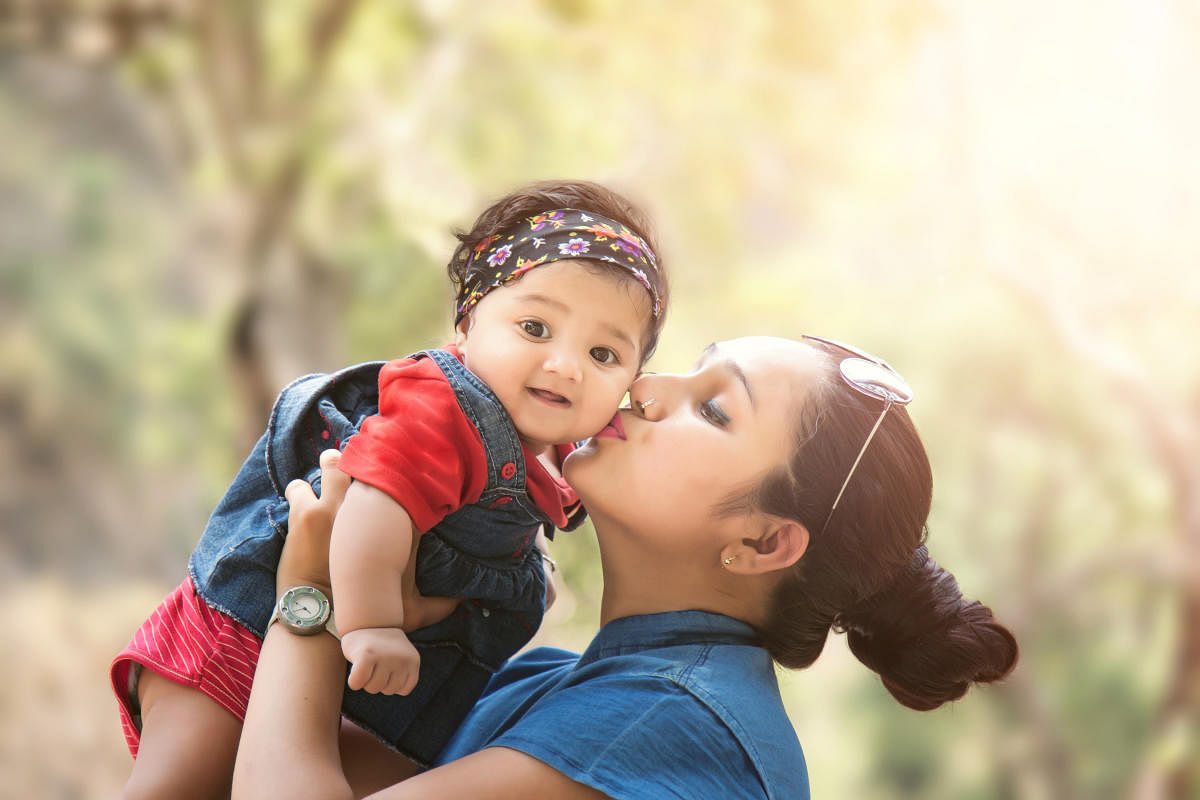
An increase in the body mass index (BMI) in mothers and babies is raising concerns as it is an indicator of obesity. According to a study published recently, it has been found that despite the genetic factor, a mother’s weight can directly influence a child’s BMI in adolescence.
In India, we need to scale up efforts to reduce the number of babies born with low birth weight (LBW). Low birth weight is a consequence of being born too small or too early. Babies born small for gestational age (SGA) are at an increased risk of death and developmental and behavioural problems in childhood. If children who are LBW & SGA shows sudden growth spurts, their BMI will increase disproportionately leading to foetal origins of adult disease (FOAD), predisposing these people to non-communicable diseases like diabetes, hypertension and coronary heart disease.
Ideally, what should the weight
of a baby be?
Parents need to understand that elephants give birth to elephants and ants to ants. Babies in the waiting room are bigger because they have ‘bigger parents’ and ‘different parents’.
‘Bonnie babies’, ‘tiny tots’, ‘all good things come in small sizes’, ‘petite cute baby’, ‘he/she looks exactly like his/her grandma/grandpa’ are some of the ways a newborn is often described. But despite all these, Indians are obsessed with ‘big babies’. Soon after birth, if not at birth, they expect babies to be chubby or grow like elephants, putting on weight every day. In fact, in India, more than half or nearly all the consultations are wasted talking about weight gain —even though many babies are healthy babies.
How to determine the size of the baby?
The size of babies is important as many babies are born with a low birth weight. But babies are smaller in India because mothers are smaller and many of them are anaemic at the time of pregnancy. Generally, the BMI of Indian mothers ranges anywhere between 16 and 22, whereas most mothers in the Western world have a BMI of 20 to 26, and naturally make bigger babies.
The size of the baby is determined by genetics, parental health status and epigenetics. Malnutrition in parents (whether micro- or macronutrient deficiency) can cause smaller babies. Smaller babies are more prone to hypothermia and hypoglycaemia. However, being heavier with a raised BMI does make it more likely that you’ll be affected by certain complications. You may not experience any of these complications, but it’s helpful to be aware of them, just in case.
Common pregnancy complications
Gestational diabetes
High blood pressure (gestational hypertension)
Pre-eclampsia, which happens when there’s a problem with the placenta
Early labour
Low BMI and malnutrition in the mothers is not good for our future population — so there is an urgent need for the public health system of our country to take this matter seriously and educate our population about the importance of diet and save our future offsprings.
(The author is chairman & neonatologist, Cloudnine Group of Hospitals)